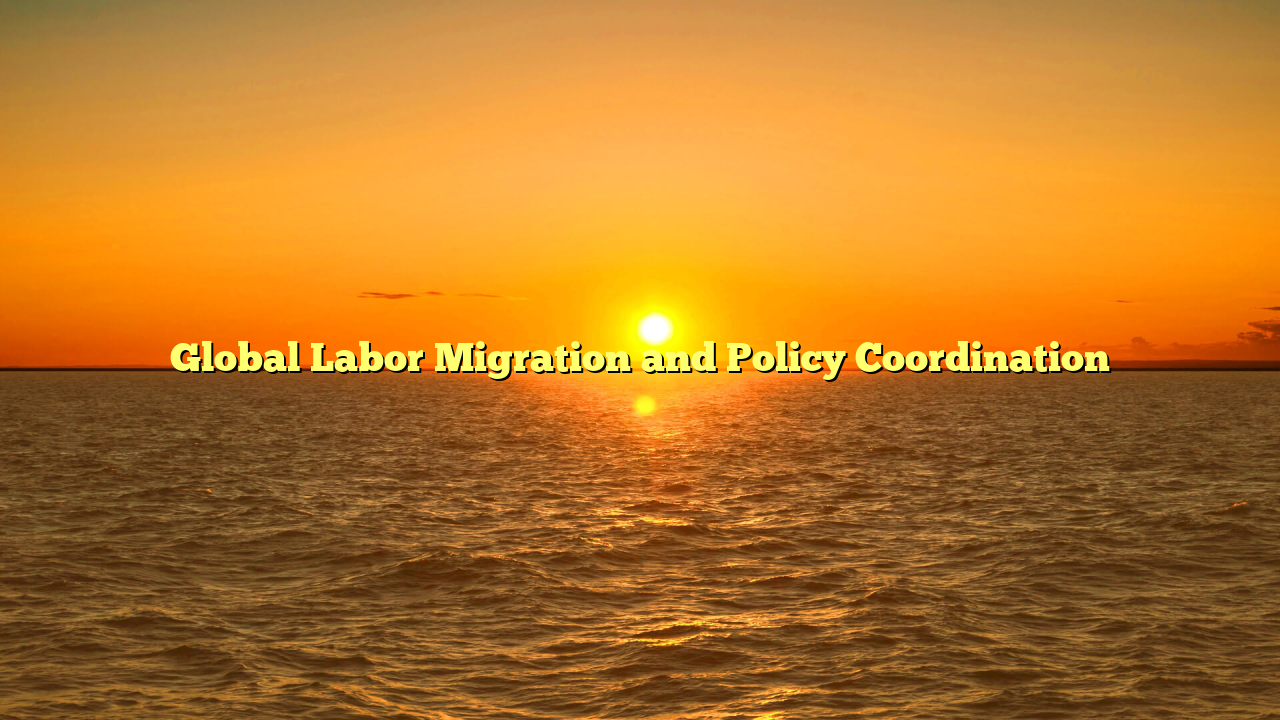Labor migration is reshaping economies and political landscapes worldwide. The movement of workers across borders is no longer purely economic; it has slot777 vs naga169 significant social, political, and diplomatic consequences.
Countries such as Germany, Canada, and the United States rely on migrant labor to fill critical sectors, from healthcare to agriculture. Meanwhile, sending nations like the Philippines, Mexico, and Bangladesh benefit from remittances that bolster national economies.
Policy coordination remains challenging. Immigration laws, labor standards, and visa regimes vary widely, creating friction and uncertainty. International frameworks attempt to harmonize rights, protections, and employment regulations, but enforcement is inconsistent.
Migration also carries geopolitical implications. Diaspora communities influence foreign policy, trade negotiations, and diplomatic relations. Governments increasingly consider migration in national security and economic planning.
“The politics of labor mobility is central to modern governance,” said International Organization for Migration analyst Laura Thompson. “It affects not just economics but societal cohesion and diplomacy.”
As global migration flows evolve, nations must navigate complex policy landscapes to balance labor needs, human rights, and international cooperation.



